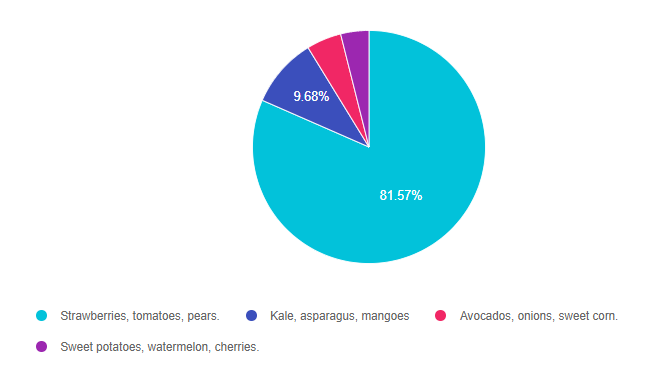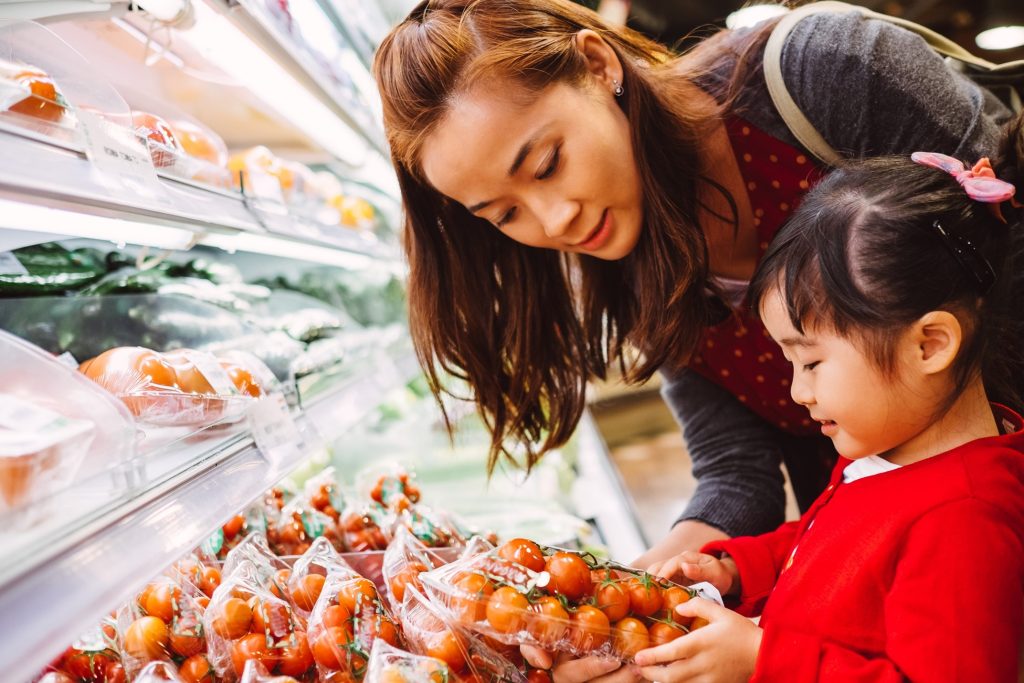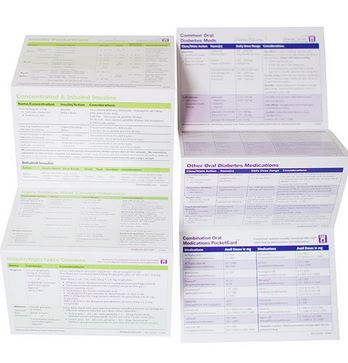
For last week’s practice question, we quizzed test takers on which produce has the most pesticide residue. 82% of respondents chose the best answer, GREAT JOB. We want to share this important information, so you can pass it on to people living with diabetes and your colleagues, plus prepare for exam success!
Before we start though, if you don’t want any spoilers and haven’t tried the question yet, you can answer it below: Answer Question
Question: Each year, the Environmental Working Group (EWG) publishes the Shopper’s Guide to Pesticides in Produce™, which ranks the pesticide contamination of 46 popular fruits and vegetables based on test results by the Department of Agriculture and the Food and Drug Administration of around 45,000 samples of produce. Based on their 2022 analysis, which three fruits and vegetables listed are included in the “dirty dozen” (produce that is highest in pesticide residue)?
Answer Choices:
A. Strawberries, tomatoes, pears
B. Kale, asparagus, mangoes
C. Avocados, onions, sweet corn
D. Sweet potatoes, watermelon, cherries

As shown above, the most common choice was option 1, the second most common answer was option 4, then option 3, and finally 2.
Getting to the Best Answer
Answer 1 is correct. 81.57% chose this answer, “Strawberries, tomatoes, pears.” YES, this is the best answer. The complete list of fruits and vegetables with the highest pesticide levels include:
Dirty Dozen
These fruits and veggies are still healthy choices since they are packed with fiber and phytonutrients. However, given their higher amount of pesticide, try to purchase from the Organic Section of your local store or farmer’s market.

- Strawberries
- Spinach
- Kale, collard and mustard greens
- Nectarines
- Apples
- Grapes
- Bell and hot peppers
- Cherries
- Peaches
- Pears
- Celery
- Tomatoes
Answer 2 is incorrect. 9.68% of you chose this answer, “Kale, asparagus, mangoes.” Kale is included on the dirty dozen list, while asparagus and mangoes are part of the Clean 15.
Answer 3 is incorrect. 4.84% of respondents chose this answer, “Avocados, onions, sweet corn.” All of these vegetables and fruits have the lowest amount of pesticide and a part of the Clean 15.
Clean 15
These Clean 15 healthy fruits and veggies are safe to purchase in the non-organic or organic section. It’s always a good idea to wash fruit and veggies before eating.
- Avocados
- Sweet Corn
- Pineapple
- Onions
- Papaya
- Sweet peas (if frozen)
- Asparagus
- Honeydew melon
- Cabbage
- Kiwi
- Mangoes
- Mushrooms
- Watermelon
- Sweet potatoes
Finally, Answer 4 is incorrect. 3.92% chose this answer, “Sweet potatoes, watermelon, cherries.” Sweet potatoes and watermelon are part of the Clean 15 while cherries are included in the dirty dozen.
More info Here
Please visit the Environmental Working Groups Web page here
Dirty Dozen List
Clean 15 List
Info on how this list is created each year
We hope you appreciate this week’s rationale!
FREE PocketCard & Wildflower Seed PostCard for a Pledge


Free PocketCard and Wildflower Seed Postcard
We have created a list of 10 Actions to Celebrate Earth Day and printed these actions on wildflower seed postcards, that are ready for planting. To thank you for your pledge to commit to one or more actions that invest in the well-being of our planet, we will mail you a Free PocketCard and Wildflower Seed PostCard.
It’s easy! Just pick your action(s) on this survey and provide a mailing address where to send these gifts of appreciation. Each action, no matter how small, matters.
Want to learn more about this question? View our
Virtual DiabetesEd Specialist Conference
30+ CEs
Recorded & Ready to Watch!
Whether you are new to diabetes or a seasoned expert, you’ll benefit from this virtual conference with the latest research plus critical content that you can immediately apply to your clinical practice.
Download Course Flyer
If you are seeking a state-of-the-art review of current diabetes care, this course is for you. Our team has been fine-tuning this course for over fifteen years, and we know what you need. This program can also be a great addition to your CDCES or BC-ADM exam study plan.
Join us LIVE for this Virtual Course and enjoy a sense of community!
Team of expert faculty includes:
- Diana Isaacs, PharmD, BCPS, BC-ADM, BCACP, CDCES – Educator of the Year, 2020
- Coach Beverly Thomassian, RN, MPH, CDCES, BC-ADM
- Ashley LaBrier, MS, RD, CDCES, Diabetes Program Coordinator
Virtual DiabetesEd Specialist Conference Deluxe | 30+ CEs
Deluxe Option for $449: Virtual Program includes:
- Q & A Session with the instructor after each webinar.
- LIVE Presentations by our team of experts.
- State of the art review of current diabetes care and technology.
- Resources for each session.
- Access to free podcasts and video recordings within a week of each live session for one year.
Deluxe Version includes Syllabus, Standards and Swag*:
- Diabetes Educator Course 2022 Syllabus Hard Copy – over 100 pages -This spiral-bound workbook contains the printed version of all of the instructor’s slides.
- ADA 2022 Standards of Care Book -The ADA Standards of Medical Care in Diabetes is a key resource for healthcare professionals involved in diabetes care, education, and support.
- DiabetesEd Services highlighters, Medication PocketCard, Tote Bag and Pen
All hours earned count toward your CDCES Accreditation Information
Sign up for Diabetes Blog Bytes – we post one daily Blog Byte from Monday to Friday. And of course, Tuesday is our Question of the Week. It’s Informative and FREE! Sign up below!
The use of DES products does not guarantee the successful passage of the CDCES exam. CBDCE does not endorse any preparatory or review materials for the CDCES exam, except for those published by CBDCE.









